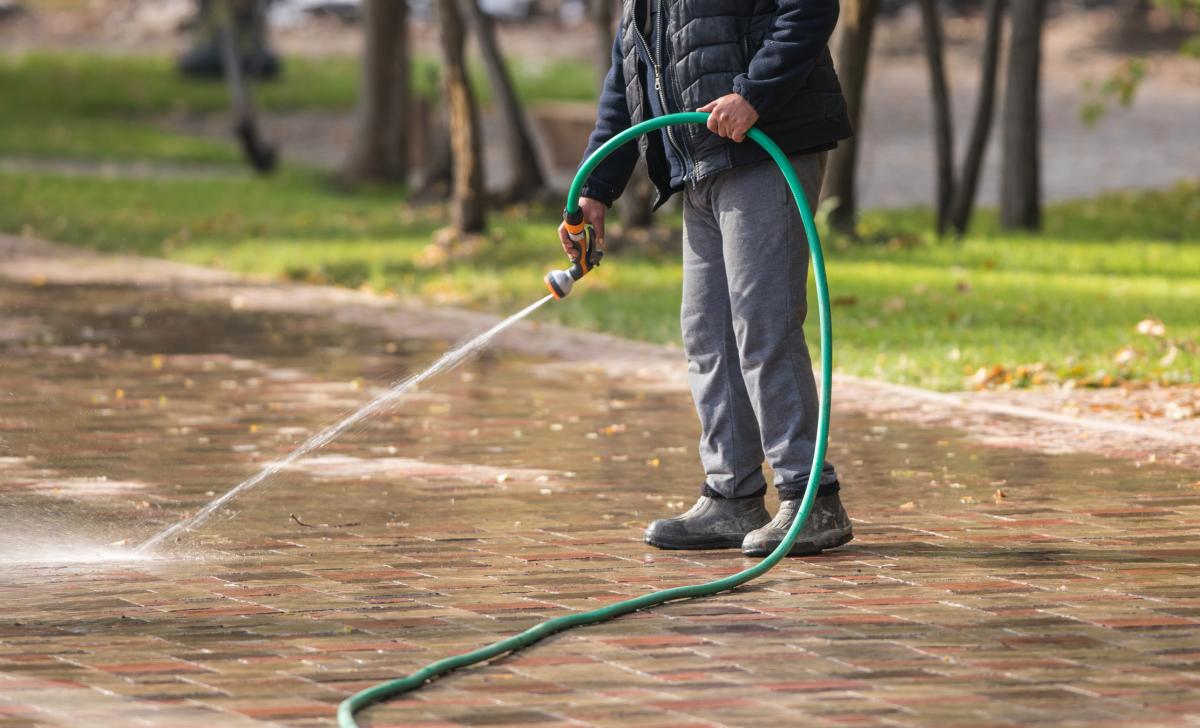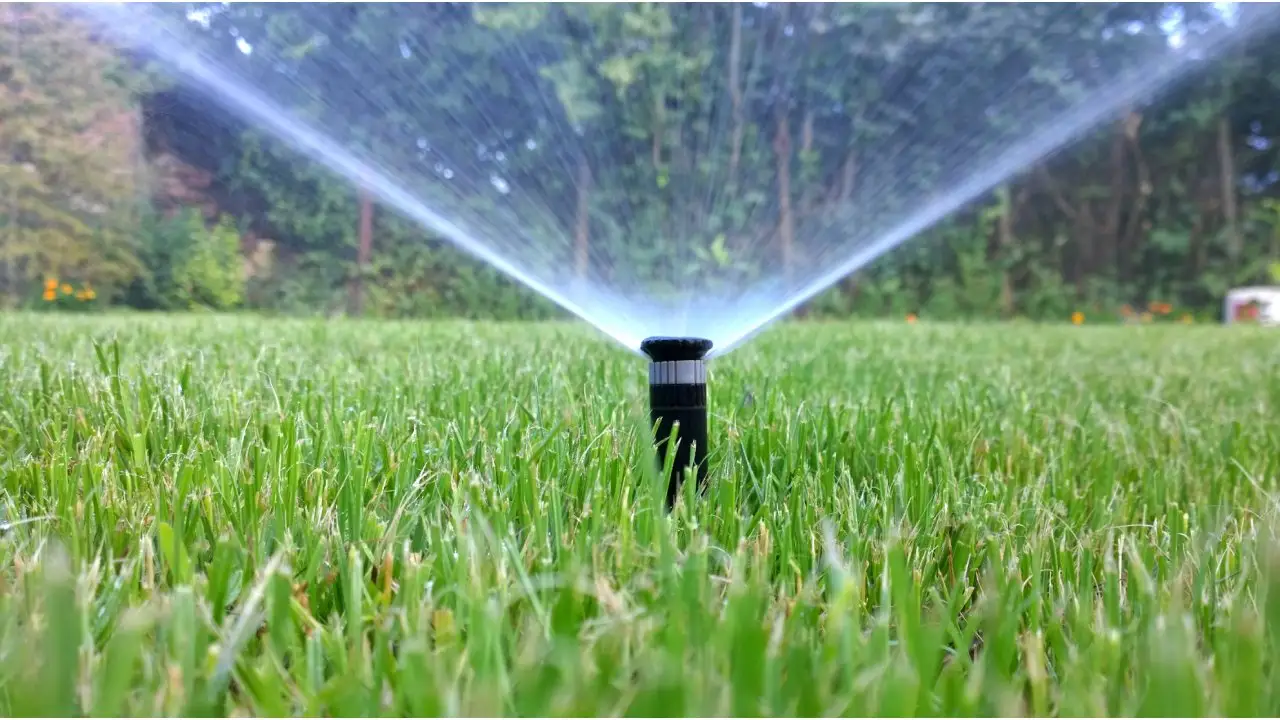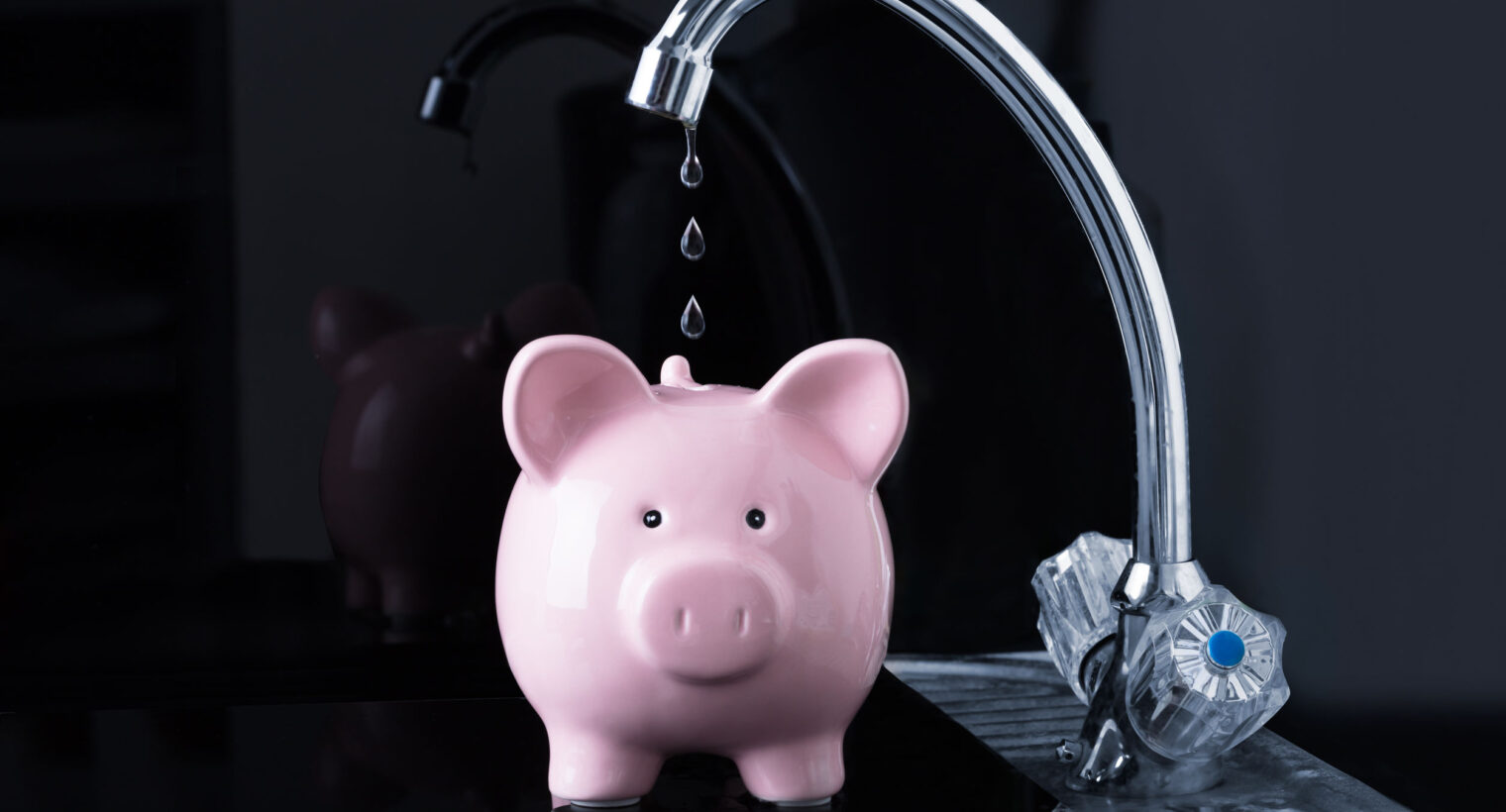This article is your complete guide to understanding your sewer fee and how it’s calculated. A sewer fee often appears as a line item on your water bill, leaving many to wonder about its specifics. A sewer service charge is a fee assessed to cover the cost of transporting and treating wastewater from your home. Our guide will provide helpful information to help you understand why this fee may be higher than expected. And also how you can reduce them!
Here at The Energy Professor, we want to give you the information you need to not only save money on your energy bill but to also become more energy efficient. We hope find this post helpful and makes it easier for you to know more about your sewer charge. Be sure to also check out our one-of-a-kind energy savings calculator!
The Energy Professor Electricity Rate Check Tool
What is a Sewer Service Charge?

A sewer service charge is a fee charged to manage the cost of transporting and treating the wastewater from your home. This charge is often calculated based on your water usage. Reflecting the volume of water that eventually requires treatment. Understanding how is sewer bill calculated is crucial for homeowners looking to manage their utility costs effectively. This fee covers the essential services of maintaining the sewer infrastructure! Ensuring that wastewater is safely processed and does not harm the environment or public health.
How is a Sewer Bill Calculated?
- Fixed base rate + your water consumption = Sewer Fee
The sewer service charge is a fee assessed to cover the cost of transporting and treating wastewater from your home. Unlike the water you consume, which is measured by a meter, the sewer charge often involves a different methodology. Many utilities calculate this fee based on your water usage. With the assumption that most of the water used in your home ends up in the sewer system. The exact formula can vary by municipality but typically involves a fixed base rate plus a variable charge proportional to your water consumption.
Related Post: Why is Gas Delivery Charge so High?
Why Are Sewer Charges So High?
 This answer often lies in the extensive process of collecting, transporting, and treating wastewater. Which requires significant infrastructure and energy! Factors contributing to high sewer charges on water bills include system upgrades, environmental regulations, and costs of preventing pollution. As infrastructure demands grow, so do the costs. These costs are then passed down to homeowners in the form of sewer charges.
This answer often lies in the extensive process of collecting, transporting, and treating wastewater. Which requires significant infrastructure and energy! Factors contributing to high sewer charges on water bills include system upgrades, environmental regulations, and costs of preventing pollution. As infrastructure demands grow, so do the costs. These costs are then passed down to homeowners in the form of sewer charges.
What is the Average Sewer Charge?
- $71.16
The average cost of a sewer bill in America is $71.16. Several factors contribute to the cost of sewer services. Aging systems may require significant updates or repairs. Those costs are passed on to consumers. Keep in mind that the average sewer charge can vary widely depending on your location!
Related Post: What is Zero Waste?
Why is My Sewer Bill So High?

Unusually high sewer bills can result from leaks in your home’s plumbing system. This can cause increased water usage that’s not only charged on your water bill but also reflected in your sewer charges. Seasonal water use like filling swimming pools or gardening can also spike your sewer usage on your water bill. Additionally, incorrect meter readings or changes in municipal sewer rates could unexpectedly increase your bill. It’s crucial to investigate these potential issues to understand the surge in your sewer bill!
What is a Normal Sewer Bill?
It’s crucial to consider your water usage patterns and whether they align with the normal sewer bill in your area. Unusually high bills might result from increased water usage, leaks, or inaccuracies in meter readings. Understanding the baseline for what is a normal sewer bill in your community can help you identify if your charges are outside the typical range and warrant further investigation.
Related Post: 8 Cheap Ways to Heat a Swimming Pool
How to Lower Sewer Charge?

Simple strategies include fixing leaks promptly, installing water-efficient fixtures, and adjusting your water usage habits. Additionally, some municipalities offer separate metering for outdoor water use! This meter won’t contribute to the sewer system and therefore shouldn’t be part of the sewer bill calculation. Investigating such programs and making conscious efforts to conserve water can lead to noticeable savings on your sewer fee.
- Check for leaks in your water line
- Take shorter showers
- Turn off the faucet when brushing your teeth or doing the dishes
- Only run full loads of laundry
- Switch to energy-efficient appliances
- Install low-flow fixtures
By learning how to reduce sewer bills can take proactive steps to manage their water and sewer bills more effectively!
Sewer Fee FAQ

Q: How can I check for leaks to avoid high sewer bills?
A: Regularly inspect your home for dripping faucets, running toilets, and other signs of leaks. Consider hiring a professional plumber if you suspect hidden leaks, as these can significantly increase your water and sewer charges.
Q: Are there any programs to assist with high sewer charges?
A: Many municipalities offer assistance programs or payment plans for homeowners struggling with high sewer bills. Contact your local water authority to inquire about available options.
Q: How often should I clean my sewer line to prevent blockages?
A: It’s advisable to have your sewer line inspected and cleaned every 18 to 22 months. Regular maintenance can prevent blockages that might lead to backups and increased sewer charges.
Q: What should I do if my sewer bill doesn’t reflect my actual water usage?
A: If your sewer bill seems unusually high compared to your water usage, first check for leaks. If there are no leaks, contact your water utility provider to review your bill and ensure your meter is reading accurately.
Q: Can installing water-efficient fixtures reduce my sewer charges?
A: Yes, installing water-efficient fixtures can significantly reduce your water consumption, which in turn lowers the sewer charges on your water bill. Look for EPA WaterSense-labeled products for maximum efficiency.
Do you Need Cheaper Electricity?
If you’ve taken the time to understand the information on your bill and discovered you’re paying more than you’d like for your electricity, have you looked around for a cheaper deal? The Energy Professor has a wealth of information on ways to save on your utilities, including details of top deals that could significantly reduce your monthly or quarterly electricity bills.
We hope you found this article helpful! If you are looking for ways to increase energy efficiency and sustainability in your home be sure to take a look at all of the latest renewable energy options in your area. The Energy Professor helps residential and small business owners find qualified energy suppliers in New York, New Jersey, Pennsylvania, Texas, Ohio, Maryland, Illinois, and Massachusetts.


